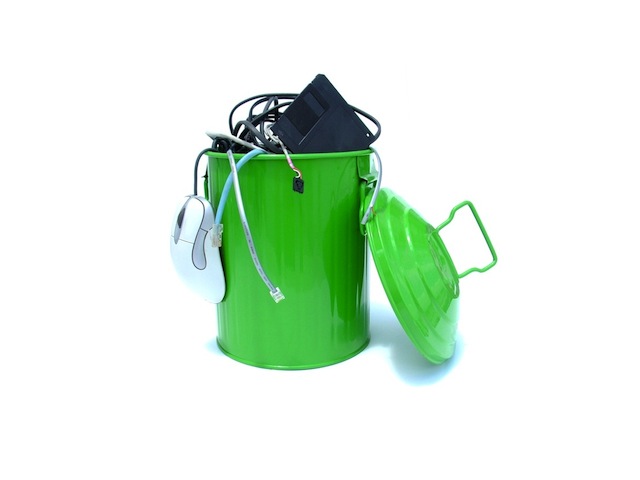JT Wang, Chairman of personal computer manufacturer Acer believes the release of Windows 8, Microsoft’s next operating system, will see a resurgence of sales for Windows based computers. Market trends suggest those hopes are in vain.
Right now the Personal Computer market can be roughly split into two camps; those happily running Windows XP who have no need to upgrade and those who are delighted with Windows 7 who have no need to upgrade.
Short of their computers breaking down, neither group have any good reasons to change to the new operating system as, unlike Windows 3.1, 95 or XP, there is no new technology breakthrough or advance to warrant making the jump.
To make things worse for the PC manufacturers the rise of cloud computing services extends the life of older Windows XP systems and eliminates the biggest driver of new computer purchases in businesses – the software upgrade.
During the PC era one of the banes of business owners were enforced software upgrades where vendors would release a new version of a program every year or two and withdraw support for the older editions.
Frequently the newer software would require the latest hardware, forcing the business into an expensive and disruptive upgrade of all their IT systems.
Today, software companies following the forced upgrade model are finding customers have viable cloud alternatives which destroys the revenue stream behind those frequent releases.
When a customer moves to a cloud service, they also delay buying new desktop or server hardware which is partly driving the steady increase in the age of business computers.
For computer manufacturers the release of Windows 8 could actually be bad news as customers will probably postpone system upgrades until the first service pack of the new operating system is released.
Even if Windows 8 does deliver increased sales as JT Wang hopes, the trend of steadily falling PC prices as smartphones and tablet computers take market share is inevitable.
The PC industry in both laptops and desktops has been a commodity industry for some years and any hope of establishing premium pricing from tablet computers has been dashed by the iPad’s competitive price points.
Regardless of the hopes of the IT industry’s leaders, both the hardware and software sectors are under a lot of stress. It will be interesting to see who adapts to today’s market.

Leave a Reply